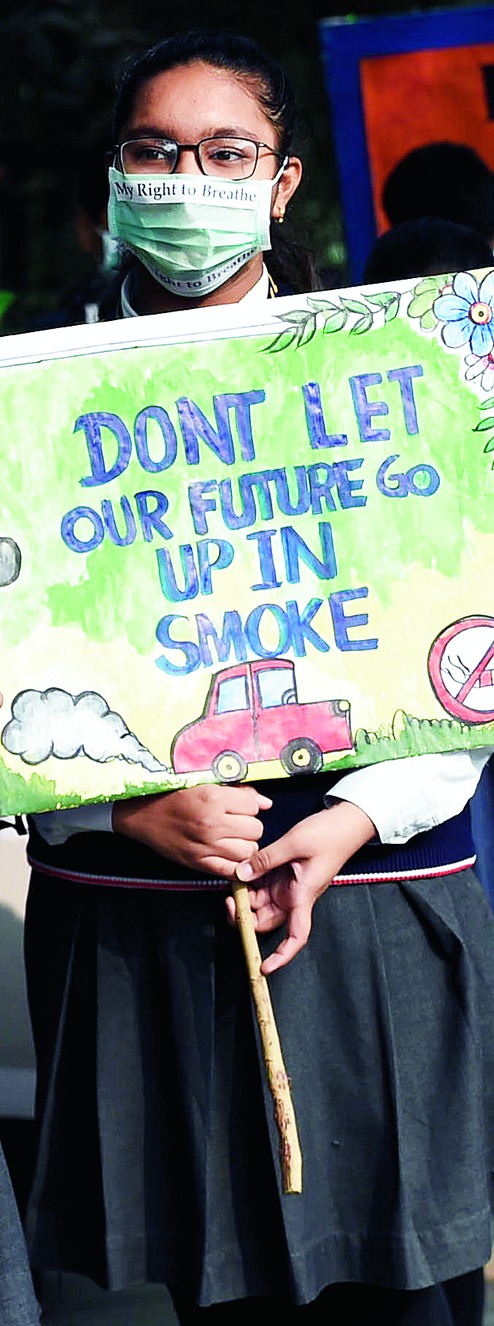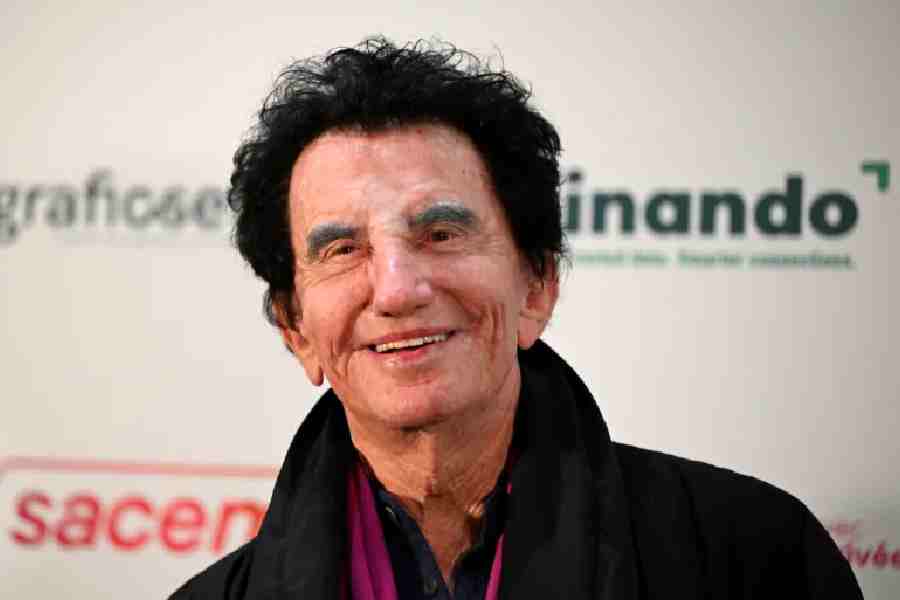 |
| Pesi Wadia. Photograph by Akash Tiwary |
Parsees are probably the most peaceful community in India. One hardly gets to hear about Parsees murdering or igniting communal violence. Maybe this is the reason I set out to see an “old” Parsee couple. Armed with a pen, a pad, my camera and a lot of curiosity, I landed up behind the Baug-E-Jamsheed Hall. Unfortunately, there was only one gentleman, who, maybe, was not in the right frame of mind. Scared to death as I was, I ran out by “excusing” myself. Horrified at the thought that I now had no place to go and had wasted my time by coming here, I took a deep breath and entered the compound of the Parsee Colony. I kept walking until I came to a small gate, which is the entrance to the house of Mr Pesi and Mrs Mehroo Wadia. Call it co-incidence; while Tata Steel celebrates its centenary year, the “younger by age” couple is celebrating their golden jubilee year in Jamshedpur. Mr Wadia was a manager at Tisco, who sadly lost two of his fingers to gangrene. Their house is one of a typical Parsee. They offered me a chair in their cozy living room. Unfortunately, Mrs Wadia had to say her vespers and left us to talk. Throughout my childhood I have heard about the history of Parsees. It could be a good subject to start the conversation.
It turns out that Mr Wadia used to teach children how to lead their lives while he was a young officer living in B.H. area. “You must be happy and healthy. This is what I used to tell the kids,” he jovially reminisces. Parsees, too, have a prophet. Zarthushtra, their prophet, had rebelled against orthodoxy. As it goes, the story had a villain, too. Durastrav, the right hand of the reigning king, aptly played the role of a typical mythological villain, who despite his evil efforts, could not harm Zarthushtra. A common misconception about the community is they worship fire. They don’t. On the contrary, they worship God through fire. Like Islam, they believe that God is “one”. The thought of death petrifies me. But Mr Wadia, is cool about it. “We have to die someday. It is a natural process. This reminds me that I won’t die, and that I would only leave for my next home. That is the Tower of Silence. It is the last abode for a Parsee and is supposed to be a place where everything is, as the name suggests, peaceful.
Our talk was interrupted by a robust insurance officer. Here is how their conversation goes:“Money Plus, best in market, you should try it, sir,” says the agent. “What would I do with a policy at this age?” asks Mr. Wadia. “Or maybe you could opt for the Market Plus?”“Forget it, any day I and my missus could leave for the Tower of Silence,” he says and gives me a cool look.
He then tells me about Athura Mazda, their God. And then goes on to the basic principles a Parsee follows. Manasni, Gavasni and Kunasni which mean a good mind, good words and good deeds, are something which, as my friend says, are implemented in the life of every nice Parsee.
“Nice?” Aren’t all of them nice? “Not at all,” he says.“These days a few young lads have no other job but to vroom about on their bikes. It’s the girls who have changed. They have taken it from the grandmothers and mothers. Excellent, I say.” I have seen Parsees wear a white cloth and a string around their belly. “That is the sudre, which restricts us to a good path. And the string is the kusti that is the border line for us Parsees.” By now a little bored with history, I decided to question him on his childhood. “It was terrible. We had to share one egg among 11 children. But now see where I am.” Parsees have their surnames after the profession of their ancestors. And people with “Wadia” surname can trace their ancestry to master sculptors. “Lovgaee Wadia, our ancestor, was a master ship builder. He even made a beautiful ship for Nelson,” he says with pride.
 |
| Figures of knights or guardians of a Mumbai Fire Temple. A Telegraph file picture |
His father, Dhanji Shauu Wadia, left his village and started working in the garden of the Tatas. “His life was peaceful. At that time child-making was ‘the’ only entertainment,” he says and laughs out loud. He tells me how his father had given up worldly pleasures and started working in a Parsee temple.
He says: “Zarthushtra, our prophet, had lived in the mountains for 14 years and gained wisdom. He used to ask questions to the blank sky. And I, as a teenager, who had the worst quality of life, too, began asking questions.”
Mr Wadia tells me he was notorious as a kid. “I was a kid who didn’t hesitate in taking an anna or two from my father’s purse. But that changed after our father gave up his responsibilities. Then I started paying attention to studies and went to college. My fees were paid by a Parsee organisation, because my father was an employee at the fire temple,” he says with a dreamy look. “Follow your religion. That is all I can tell today’s youth,” says Mr Wadia. I realise his words are true. With his words ringing in my ears, I bid goodbye and walked back, mission accomplished.
Columnist Akash Tiwary is a student of Class VIII, Loyola School, Jamshedpur, tiwaryakash@gmail.com











